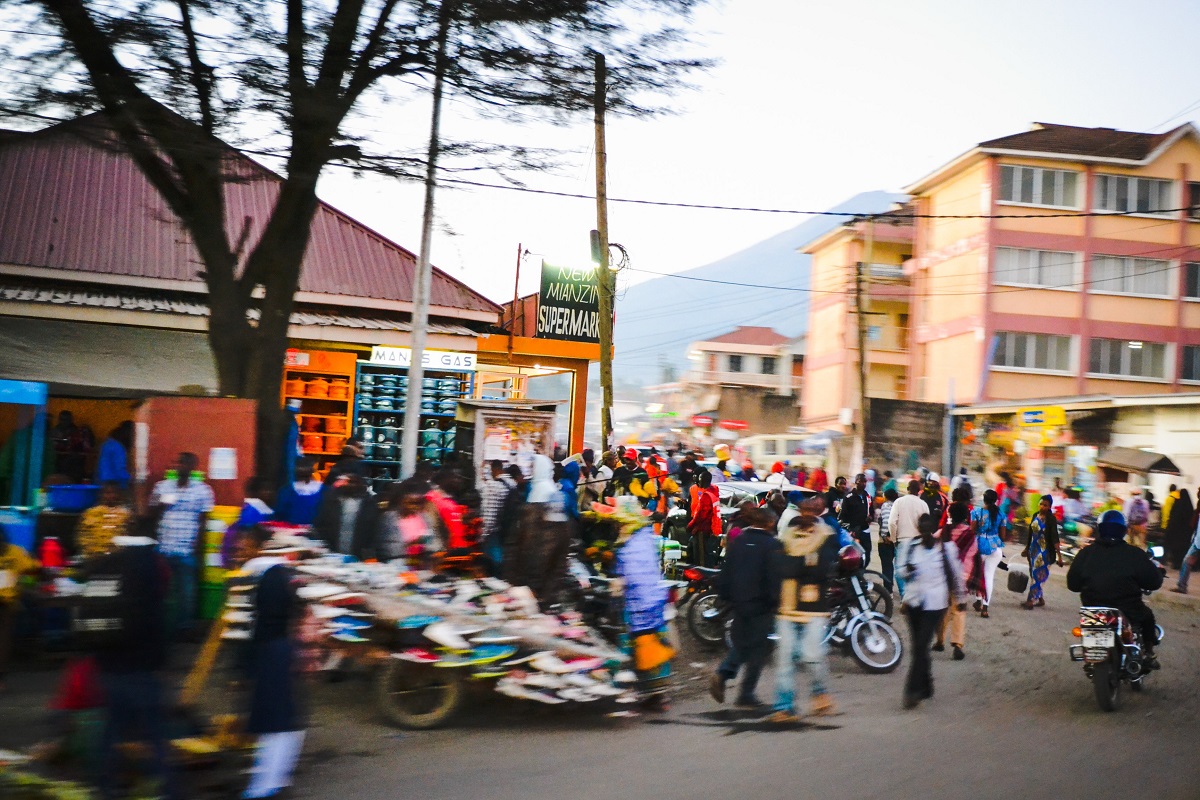Renewable energy sources and investments in new facilities of this type are an excellent opportunity for energy transition and the creation of a larger energy mix. At the same time, green energy enables the reduction of CO 2 emissions and the achievement of the goals set in the Paris Agreement, but the benefits do not stop there. Investments in renewable energy sources for certain regions of the world mean a huge opportunity for great socio-economic development and prosperity. That can be expected in the very near future. Green energy can really change the geopolitical map of the world and change the positions of the “chessboard”. This is an opportunity for certain parts of the world that are still facing serious challenges.
Africa is perhaps the best example of the potential of renewable energy in order to raise the overall standard of living and economic development. This continent has one of the biggest potentials for building new facilities in renewable energy sources. Nature offers excellent conditions for the use of energy from the sun, wind, and water. That is why this continent is one of the most attractive for investing in green energy. For the countries of the African continent, therefore, investments in renewable energy sources are an opportunity for transformation and progress of the overall social development. New energy sources, especially green energy for Africa, is a huge opportunity for economic development, which in the near future can completely change this continent.
Almost 600 million people in Africa currently have minimal access to energy. The political elites of the countries of this continent have already recognized the opportunity for development by investing in green energy and are making efforts to facilitate regulation in this direction. The Paris Agreement and the tendency to reduce CO2 emissions are additional reasons for the political leaders of the African countries to accelerate this process. Economic development, prosperity, and the creation of growing economies is the main goal of the African Union Agenda 2063. Renewable energy is the foundation for achieving these goals.
The resources and potential for investing in renewable energy in Africa have already caught the attention of global investors. The country has the capacity to produce energy almost 1000 times more than its needs. That ignited the investor sanctuary. But African countries themselves are already investing in green energy. It is estimated that Africa has 10 solars TW, 350 GW hydro, and 110 GW wind. Although progress has been made, especially in some countries on the African continent in the green energy segment such as Mozambique, the great potential is already putting the oldest continent on the map of global green energy investments.
The European Union has already recognized the potential for cooperation and investment in renewable energy sources. At a conference in Lisbon last year, European Commission President Ursula von der Lane encouraged the creation of an African Green Agreement, modeled on the EU Green Deal. At the same conference, UN Secretary-General Antonio Guterres estimated that by 2030, investments in renewable sources in Africa could reach $ 3 trillion.
The potential for using green energy has been recognized by investors from the eastern hemisphere of the country. An $828 million solar power plant Redstone is under construction in South Africa. This large project is an investment of the Kingdom of Saudi Arabia, and this solar power plant will be put into operation in 2023.
In the same time according to a United Nations report, China is one of the largest investors in renewable energy in sub-Saharan Africa in solar, wind and hydropower projects.
Africa will continue to attract serious investment in renewable energy, and it is estimated that by 2040 South and East Africa will have over 60% of energy from renewable sources. By 2050, 26 million new jobs will be created in the industry.
These investments will bring new technologies, education, and training, especially to young people, and will create new jobs, creating the potential for a complete economic transformation of the continent.

